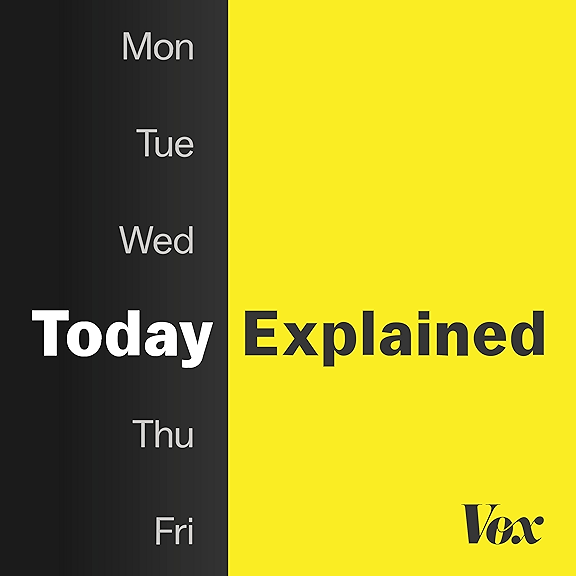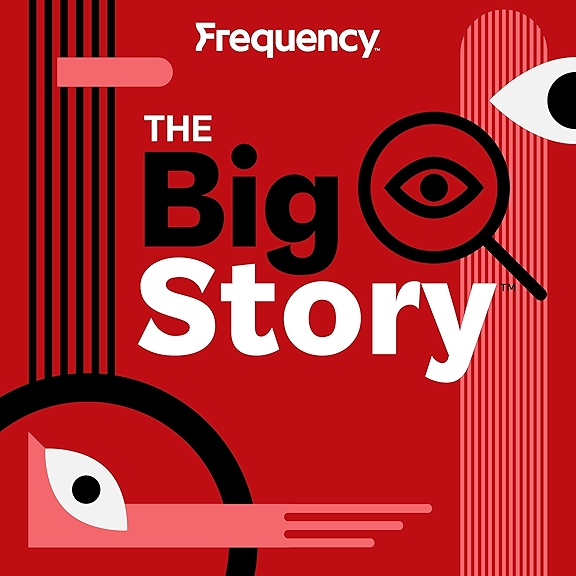
Bad Omens Or The Cycle of Nature? How The Ancient World Viewed Eclipses
Tomorrow, the Great American Eclipse will sweep across North America, and millions will experience total darkness.
It's an eerie and mysterious experience even though at this point, we know exactly what's happening: the moon passes in front of the sun, casting a shadow over earth.
But imagine you lived in the ancient world, with no warning that an eclipse was about to happen, as the sun's disk suddenly disappeared and the day fell dark and cool. Unsurprisingly, eclipses were often seen as bad omens.
That was true in Mesopotamia, the region that today includes Iraq, Syria, Kuwait and Turkey. But even then, ancient Mesopotamian astronomers were looking for other explanations.
Watching an eclipse is one of humanity's oldest rituals, and it's been inspiration to scientists since the beginning of time.
For sponsor-free episodes of Consider This, sign up for Consider This+ via Apple Podcasts or at plus.npr.org.
Email us at considerthis@npr.org.
Learn more about sponsor message choices: podcastchoices.com/adchoices
NPR Privacy Policy
It's an eerie and mysterious experience even though at this point, we know exactly what's happening: the moon passes in front of the sun, casting a shadow over earth.
But imagine you lived in the ancient world, with no warning that an eclipse was about to happen, as the sun's disk suddenly disappeared and the day fell dark and cool. Unsurprisingly, eclipses were often seen as bad omens.
That was true in Mesopotamia, the region that today includes Iraq, Syria, Kuwait and Turkey. But even then, ancient Mesopotamian astronomers were looking for other explanations.
Watching an eclipse is one of humanity's oldest rituals, and it's been inspiration to scientists since the beginning of time.
For sponsor-free episodes of Consider This, sign up for Consider This+ via Apple Podcasts or at plus.npr.org.
Email us at considerthis@npr.org.
Learn more about sponsor message choices: podcastchoices.com/adchoices
NPR Privacy Policy




















